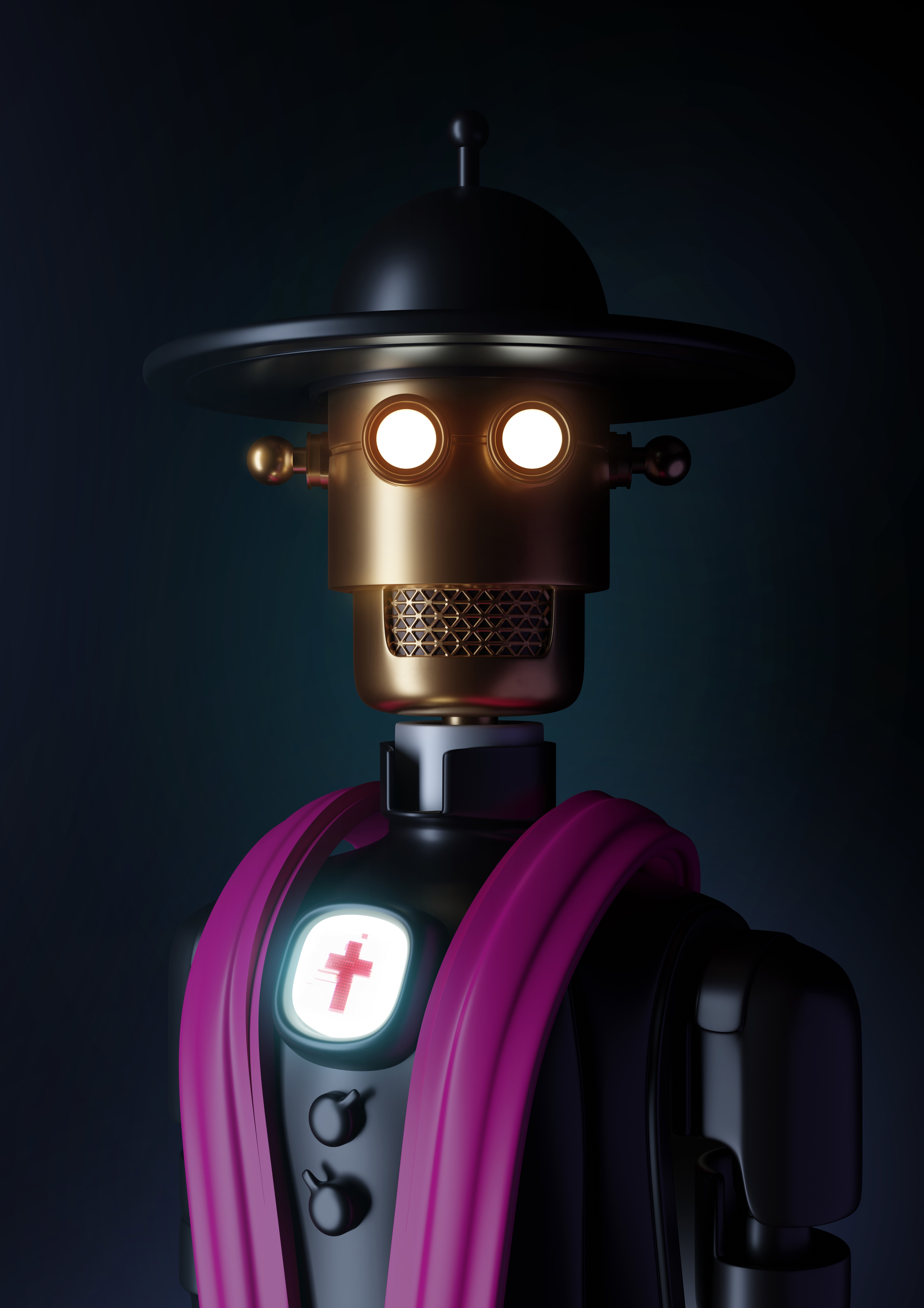
On October 8 the Otago Daily Times published a story about the university’s new plans to accept and incorporate, in carefully qualified ways, generative AI in its teaching.
This news has generated a significant amount of response and discussion across the opinion spectrum.
There are a manifold of complexities surrounding generative AI (gen-AI) and its potential benefits and drawbacks for our society generally and the tertiary education sector specifically.
I would like to reflect on an often forgotten aspect of these discussions: how gen-AI relates to virtue.
We often think of ourselves as agents over our environment, shaping and forming both the physical and digital worlds we inhabit. What we often fail to recognise, however, is that the technologies we use are just as surely shaping and forming us.
Gen-AI is here to stay, and whether it brings benefit or bane, or some complex combination of the two, one thing is for sure: it will bring change.
Previous ways of teaching, learning and assessment need to be re-evaluated and rethought in light of this new reality.
The speed at which information can be synthesised at our fingertips is dazzling but as, with many dazzling things, there is often a less-than-glamorous reality behind the glitz.
Apart from the ecological impacts of water consumption in producing gen-AI, researchers at MIT have documented that generative AI is changing the way we think and, spoiler, it’s not for the better.
One question we should be asking ourselves is what kind of people we want to be. The Western philosophical and theological traditions have devoted considerable energy to this question.
One of its answers revolves around the pursuit of the good life, a life defined by virtues such as perseverance, loyalty, patience, responsibility, honesty and kindness.
A necessary follow-up question to this is whether or how this technology can help or hinder the slow, arduous process of cultivating virtue in the human soul.
Does the kind of thing that gen-AI is make it likely to foster patience, perseverance and responsibility?
Someone once told me you should never pray for patience, because God doesn’t give you patience, he gives you opportunities to practise patience. I may not enjoy it, but practice makes perfect and you perfect what you practise.
As a university, one of the key questions we need to think deeply about together as a community is what we are teaching students to practise.
I teach Biblical Greek and Hebrew. Do we need human beings studying ancient languages in an age of supercomputing? Isn’t translation something a computer could do faster?
Yes, sort of. Is this something a computer could do better? The question of determining value requires someone who knows the subject matter well enough to determine merit.
If no-one knows any ancient Greek, then who’s to say?
However, studying ancient languages is about so much more than translation. In fact, the ultimate goal of language study is that the learner eventually no longer needs to translate at all, but can read smoothly in the target language itself.
To reach this level of proficiency, the study of ancient languages requires a great deal of patience and perseverance, usually over years. I hope that my students will come to achieve this.
If some never do, was all their learning and my effort of teaching them wasted?
Let me ask you this. Assuming both had completed medical school and qualified as doctors, would you rather have as your brain surgeon someone who had diligently studied biblical Hebrew or one who regularly used ChatGPT?
Generative AI no doubt has many important uses, and I have no problem with its responsible integration into a complex world.
However, we should ask ourselves: does its presence encourage students towards the virtues of responsibility, intellectual curiosity and perseverance?
Will this technology make it easier or harder for a student to grapple with the complex grammatical structure of an ancient Greek sentence, a mathematical equation, or a difficult moral problem?
As teachers and educators, what virtues are we seeking to instil in our students?
Ultimately, character is more important than efficiency, just as wisdom is more important than information.
■ The Rev Dr Katie Marcar is a senior teaching fellow and research fellow in theology at the University of Otago.











